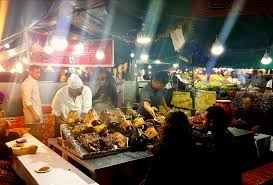Mirror: How to make sure you stay healthy when you travel – follow these top tips
By Miriam Stoppard
For your peace of mind when heading abroad you need a good first aid kit.
It should contain lots of sunscreen, insect repellent with 20% or more of DEET, and a variety of dressings, blister remedies and bandages, motion sickness tablets, and antacid for indigestion.
To stay healthy while travelling ensure you’re up to date with routine vaccinations.
These should include MMR, chickenpox, diphtheria-tetanus-pertussis, polio and your flu jab, plus hepatitis A, typhoid and any special vaccination recommendations of the countries you intend to visit.
Don’t forget the need for malaria prevention. The NHS website can help you with this (Google NHS travel vaccinations).
It’s important to eat “safe food” that’s cooked and served hot. Only eat fruit and vegetables you’ve washed yourself in bottled water and also that you’ve peeled yourself.
At all costs avoid street food and undercooked foods like eggs, meat, fish, poultry and salads. There are countries where the purity of water can’t be guaranteed so only drink water from a sealed bottle you open yourself.
Ice too should be prepared from bottled water. Ideally keep your mouth shut when you take a shower or swim in a pool.
Make it a habit to wash your hands as often as you can, and always before eating. I carry a hand sanitiser with at least 60% alcohol and use it frequently.
For tummy problems I have Lomotil and non-drowsy antihistamine tablets from the chemist for allergies and rashes. Take an antiseptic cream for cuts and 1% hydrocortisone cream for sunburn and insect bites.




